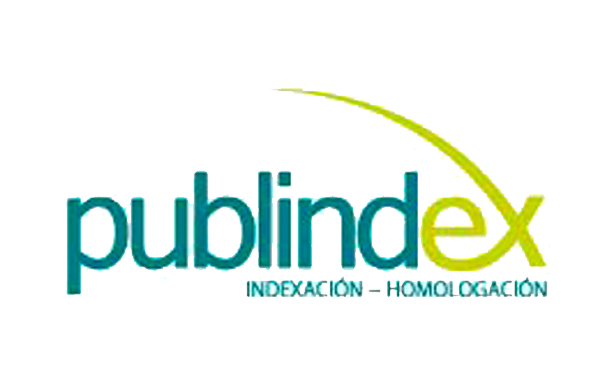The game as a teaching strategy to develop numerical thinking in the four basic operations
DOI:
https://doi.org/10.18634/sophiaj.12v.1i.450Keywords:
Mathematic games, didactic strategy, numerical thought, basic operations, mathematical education.Abstract
This article is the result of a research by teachers member of the Research Group of mathematical Education, del Quindio University (GEMAUQ), in which various skills and relationships were developed to familiarize and reinforce the basic operations, (addition, subtraction, product, and quotient), in students taking grade fifth, assuming that game plays a core role among the many activities performed by the child. The didactic strategy consisted of working a series of activities and/or games in each mathematic operation, and a combination of such activities, as well as in problem solving, which implementation led to improve and increase motivation and interest of students in the proposed topic. It is once again ratified that, teaching mathematics by using the game as a didactic strategy in replacement of conventional didactic methods in the classroom, transform the teaching-learning process, and how teachers and students achieve knowledge on the four basic operations of numerical thought.References
Alonso, L. (2000). ¿Cuál es el nivel o dificultad de la enseñanza que se está exigiendo en la aplicación del nuevo sistema educativo?. Revista educar, 26, pp. 53-74.
Aristizabal, J; Colorado, H y Ãlvarez, D. (2011).El juegos en el desarrollo del pensamiento: numérico, las cuatro operaciones. Armenia. Elizcom.
Campbell, D T y Stanley, J. C. (1975). Diseños experimentales y cuasi-experimentales en la investigación social. Amorrotu.
Edo, M. y deulofeu, J. (2006). Investigación sobre juegos, interacción y construcción de conocimientos matemáticos. Departament de Didà ctica de les Matemà tiques i les CiènciesExperimentals. UniversitatAutònoma de Barcelona. Disponible en http://www.raco.cat/index.php/Ensenanza/article/view/75830
Flórez, R. (1994) Hacia una pedagogía del conocimiento. McGraw Hill, Santafe de Bogotá.
Godino, J. et al (2004), “Didáctica de las matemáticas para docentesâ€. Proyecto Edumat – Docentes. Universidad de Granada.
Guzmán, M. (1992): Tendències innovadores en educaciómatemà tica. Butlletí de la Societat Catalana de Matemà tiques, núm 7, 7–33. Barcelona
Hernandez, R. Fernandez, C. Baptista P. (2010). Metodología de la Investigación. Mc-Graw Hill. México.
López, J. (2005) EquisAngulo: revista electrónica iberoamericana de Educación Matemática, Nº.1.
Ministerio de educación nacional (2006). Estándares básicos de competencias en matemáticas. M.E.N. Santa fe de Bogotá.
Murillo P. (2003). Que es el aprendizaje significativo y cual es su importancia en el aprendizaje de la matemática. Disponible en: http://www.utp.ac.pa/articulos/aprendizaje/significativo.htm.
Ogalde, I. Bardavid, E. (1997). Los materiales didácticos. Medios y recursos de apoyo a la docencia. México: Trillas
Parra, B. (1990). "Dos concepciones de resolución de problemas", Revista Educación Matemática, vol. 2, núm. 3, pp. 22-31.
Piaget, J. (1978). Introducción a la epistemología genética I. El pensamiento matemático (2a. ed.). Paidós. BuenosAires.
Vergnaud, G. (l995). El niño, las matemáticas y la realidad. Edit. Trillas. México.
Downloads
Published
Issue
Section
License
Creative Commosn Licence 4.0







